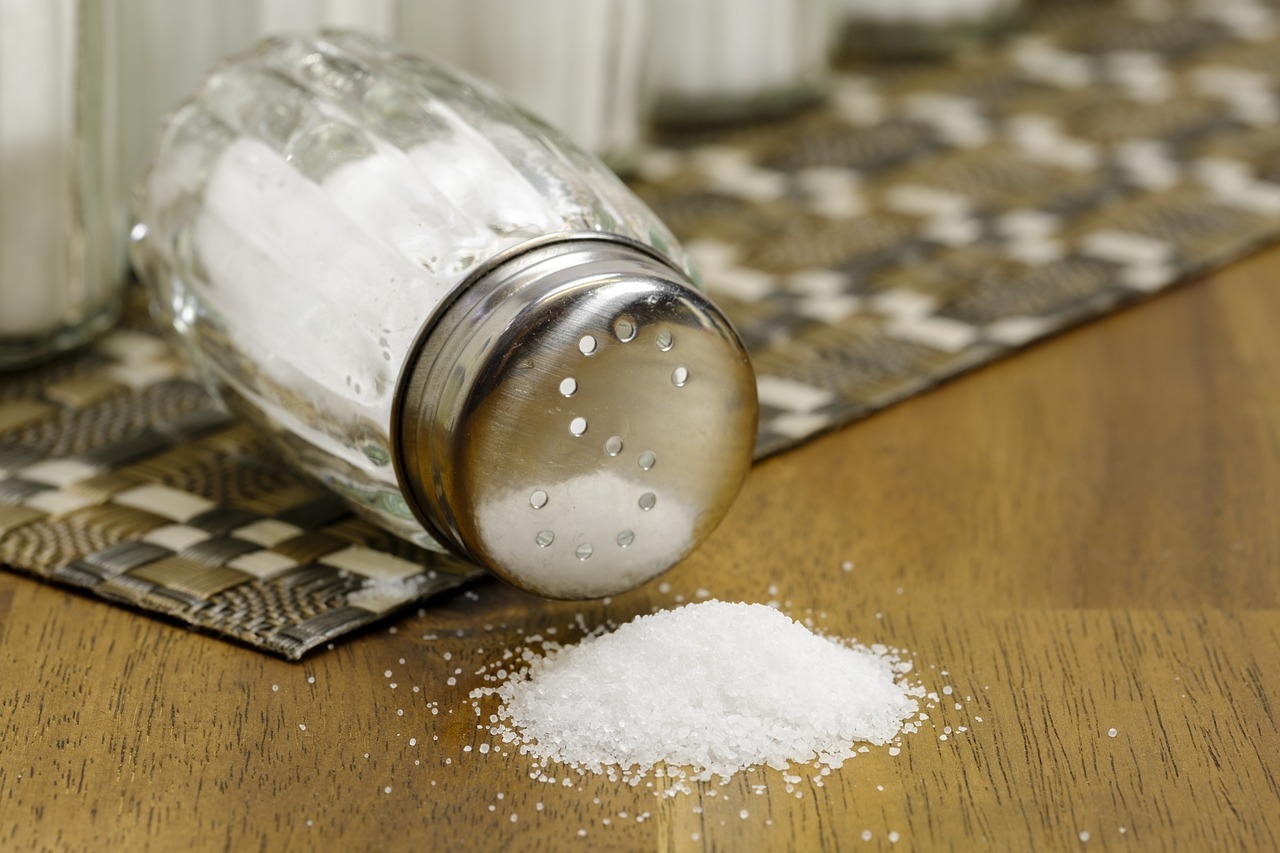Salt is an everyday ingredient that you find in every household. It is something we cannot pass our day without.
Sodium chloride or simply salt has been a part of human history as far back as humanity goes.
Salt is not just a seasoning agent you find on the racks of your kitchen drawer or saltshakers in a restaurant. In fact, the evolution of human beings depends upon its chemical properties for survival.
Seeing that salt is readily available anywhere at any time, makes people underestimate the rich history of salt.
Salt has great importance in many different cultures. The Egyptians used it as a part of a religious offering and valuable trade between the Phoenicians and their Mediterranean empire.
When you think about it, salt was, at one point was more valuable than gold.
Salt was so valuable that people used it then the same way people use money today; for trade.
In fact, the word “salary” is derived from salt itself. Since the production of salt was legally restricted in ancient times, it was used as a method of trade and currency.
So, people used salt to pay to the workers instead of cash.
Another word derived from salt was “salad” which began with the Romans seasoning their leafy greens and vegetables.
Salt also plays a vital role in religious rituals in different cultures. Salt is represented as a symbol of purity in many religions.
The Rich History of Salt.
As mentioned earlier, the history of salt goes as far back as the history of mankind. However, the first known or written history is credited to China.
China was actually ahead of everyone else when it came to the production and the usage of salt.
The earliest known treatise on pharmacology was, in fact, published in China and it dates back as far as 2700 B.C. However, people used salt for different purposes even before that.

This written history mentions salt of more than 40 kinds. And surprisingly, it also mentions the descriptions of two methods of salt extraction that is very similar to the process used even today.
They filled clay containers with sea water and boiled it until only the salt remained. A process the Romans later adopted and spread around Europe centuries later.
In 405 B.C., a man named Yi Dun from China invented a new technique where he boiled salt water in iron pans until only the salt remained that was full of the iron.
This became a leading method to produce salt for nearly 2000 years.
Chinese were in fact, the first people to put a tax on the trade of salt.
We come to know the importance of salt with almost 30 references in the Bible itself. Apart from that, many more religious books and literature also mentions salt; only adding more to its significance.
Wars and Explorations.
We all know the fascination Europeans had with spices. It was why they traveled the world and invade other people’s land just so they could have access.
However, it wasn’t just the spices they were attracted to but also salt.

It played an important role in the European exploration of North America. And also in the history of America, Canada, and Mexico.
In ancient times, salt was so important that nations went to war for it. Salt basically created as well as destroyed empires.
Some heroes that fought in the American Revolution were in fact, salt makers.
Salt was a major reason behind the revolutionary Lewis and Clark expedition to the Pacific Northwest.
The principal strategy of the British during the war was to deny the American rebels access to salt.
We all know the French Revolution started due to a heavy tax system. One of which was “gabelle,” a severely despised French salt tax system.
Gabelle was the reason why common salt was of such high value which caused mass population shift, exodus, attracted invaders, and wars.
Salt for Food.
Today, salt is such an important condiment that we can’t imagine food without salt. If it lacks seasoning, it lacks everything.
We know salt was so much more than just a seasoning agent. Since it is a mineral, it has healing powers. So people for centuries used it for medicinal purposes.
But why did people start adding salt in their food?

Salt’s ability to preserve food was a founding contributor to the development of civilization.
It made transporting food over long distance possible and easy along with not having to depend on the seasonal availability of food items.
Moreover, selling salted food was more profitable than selling pure-salt.
That is why using salt to season and preserve food became so much more popular.









